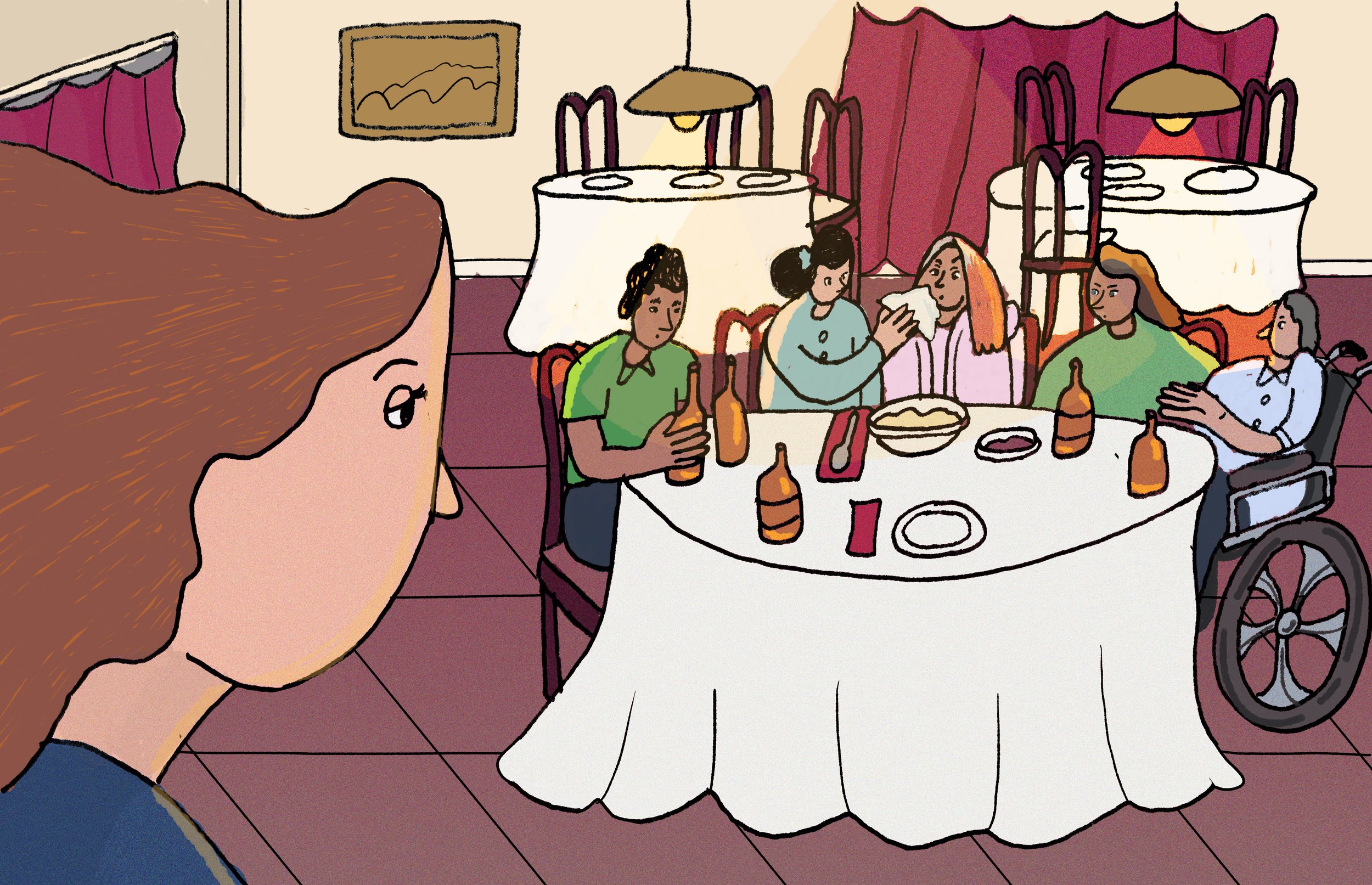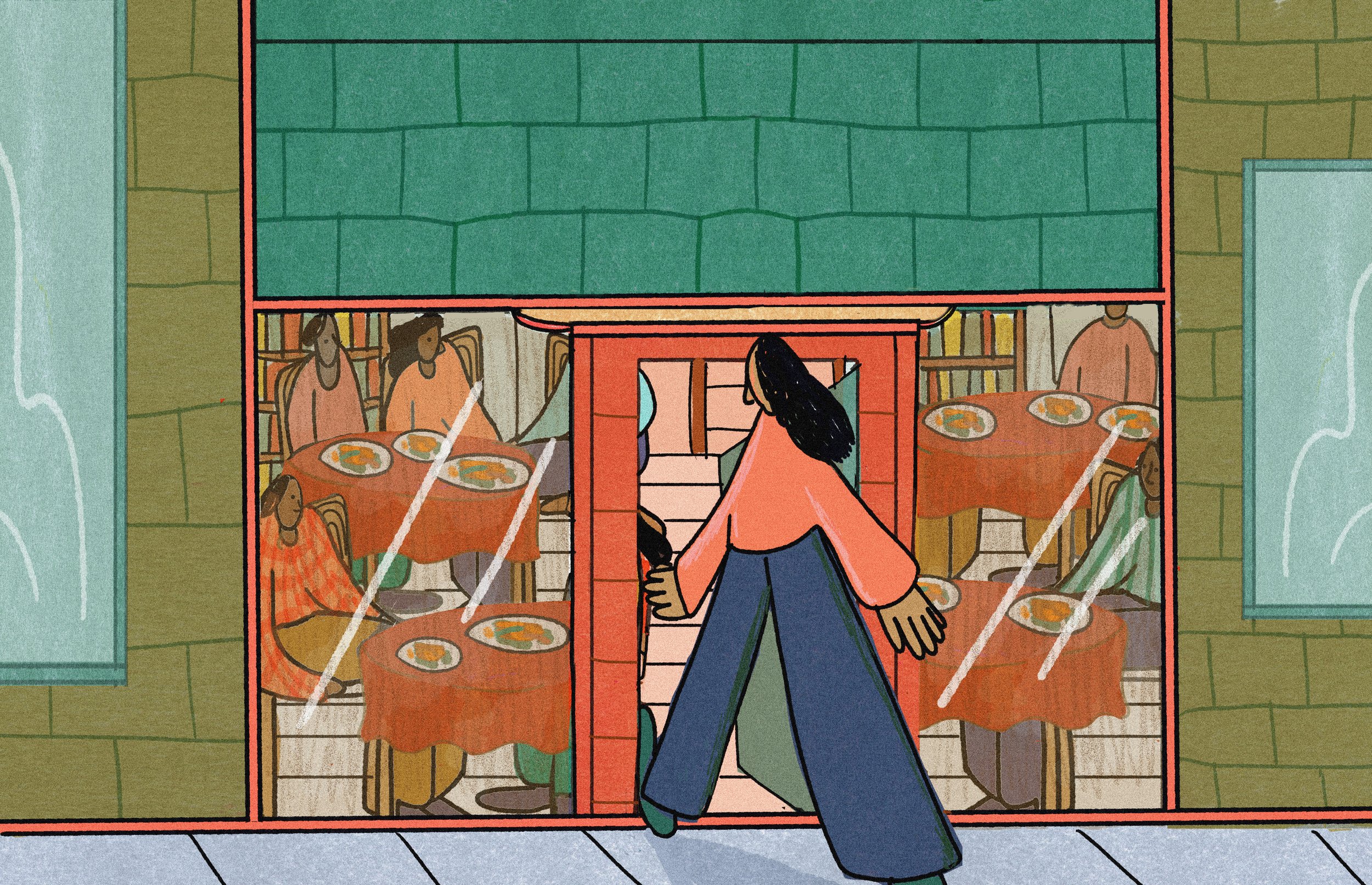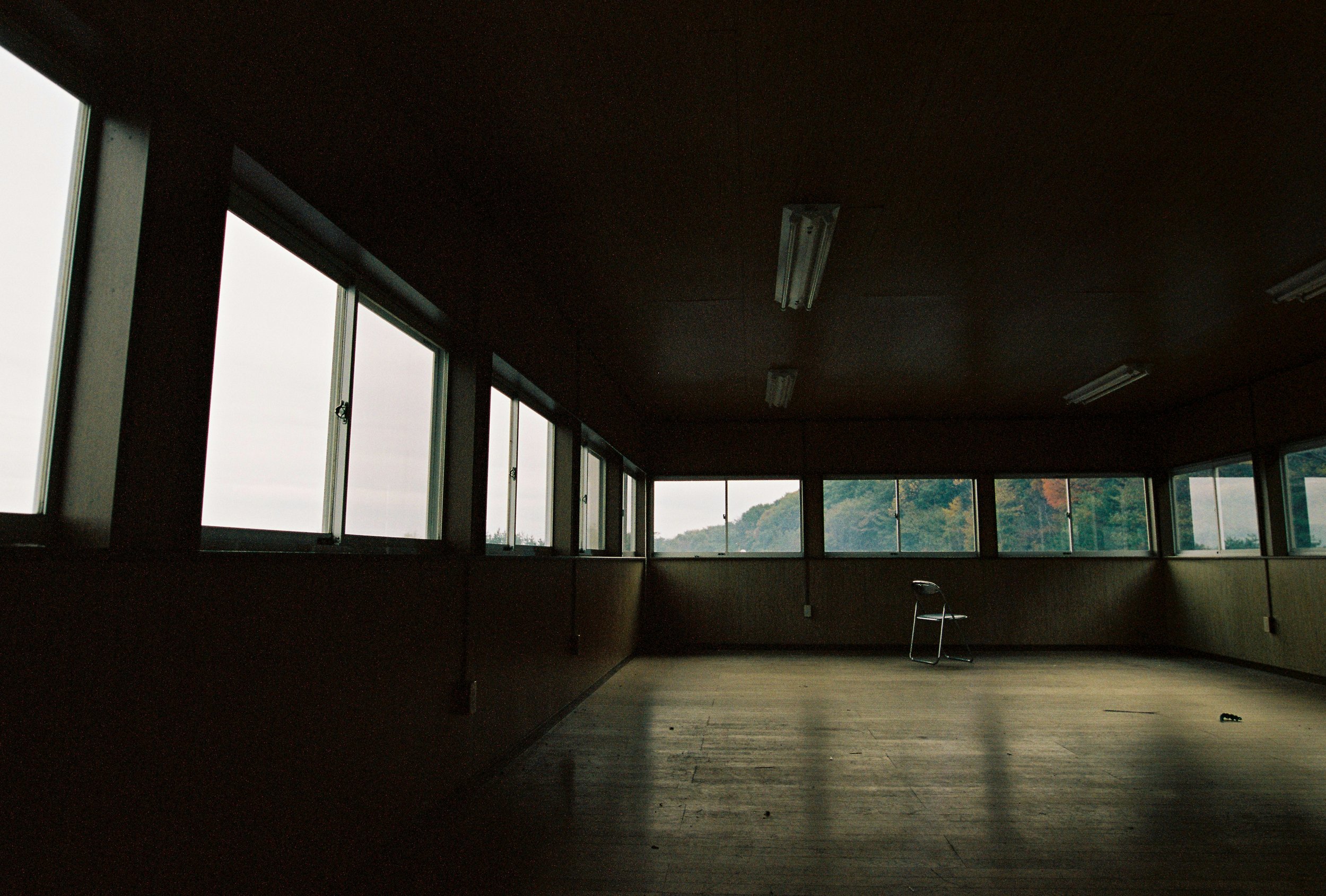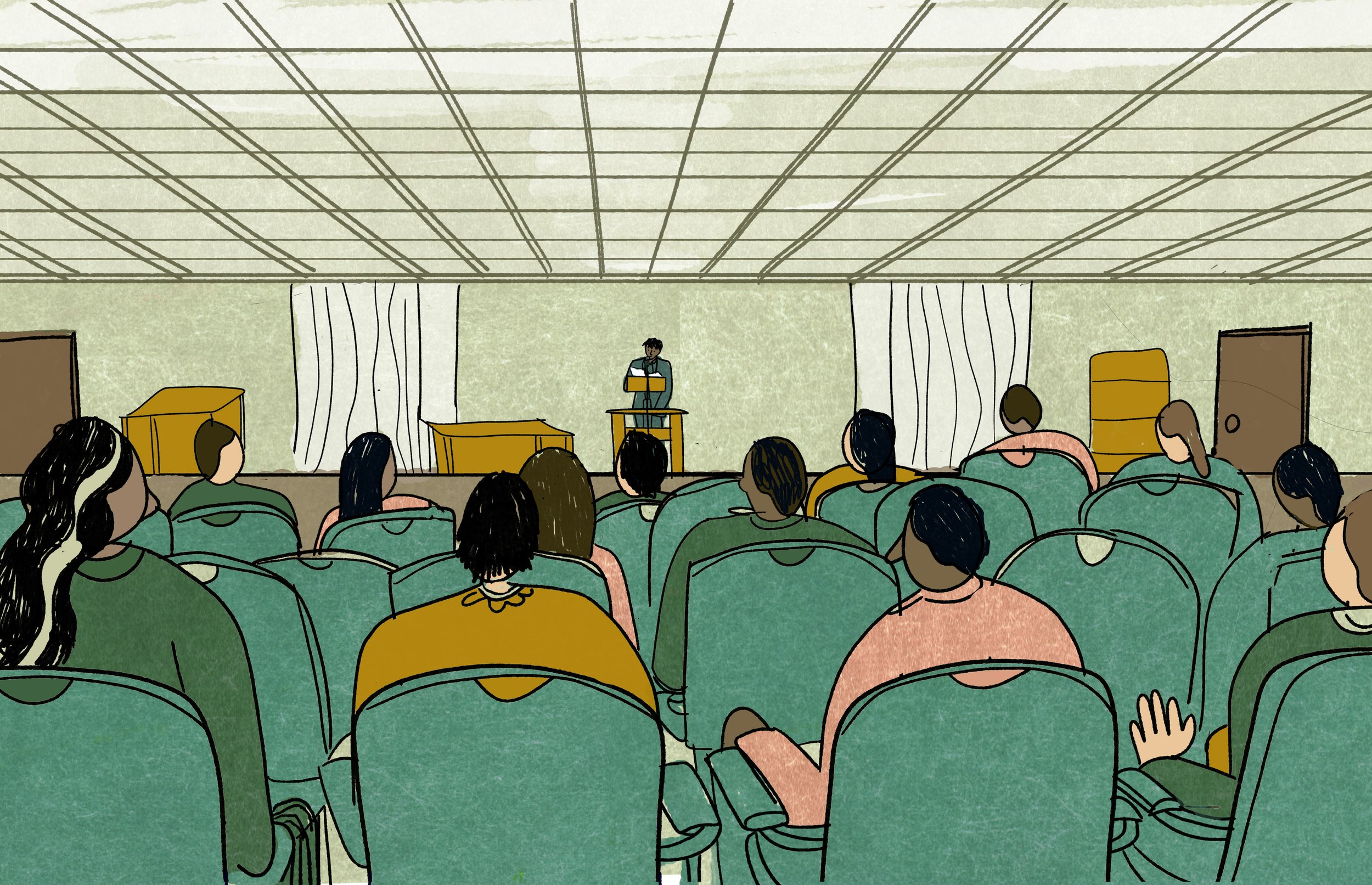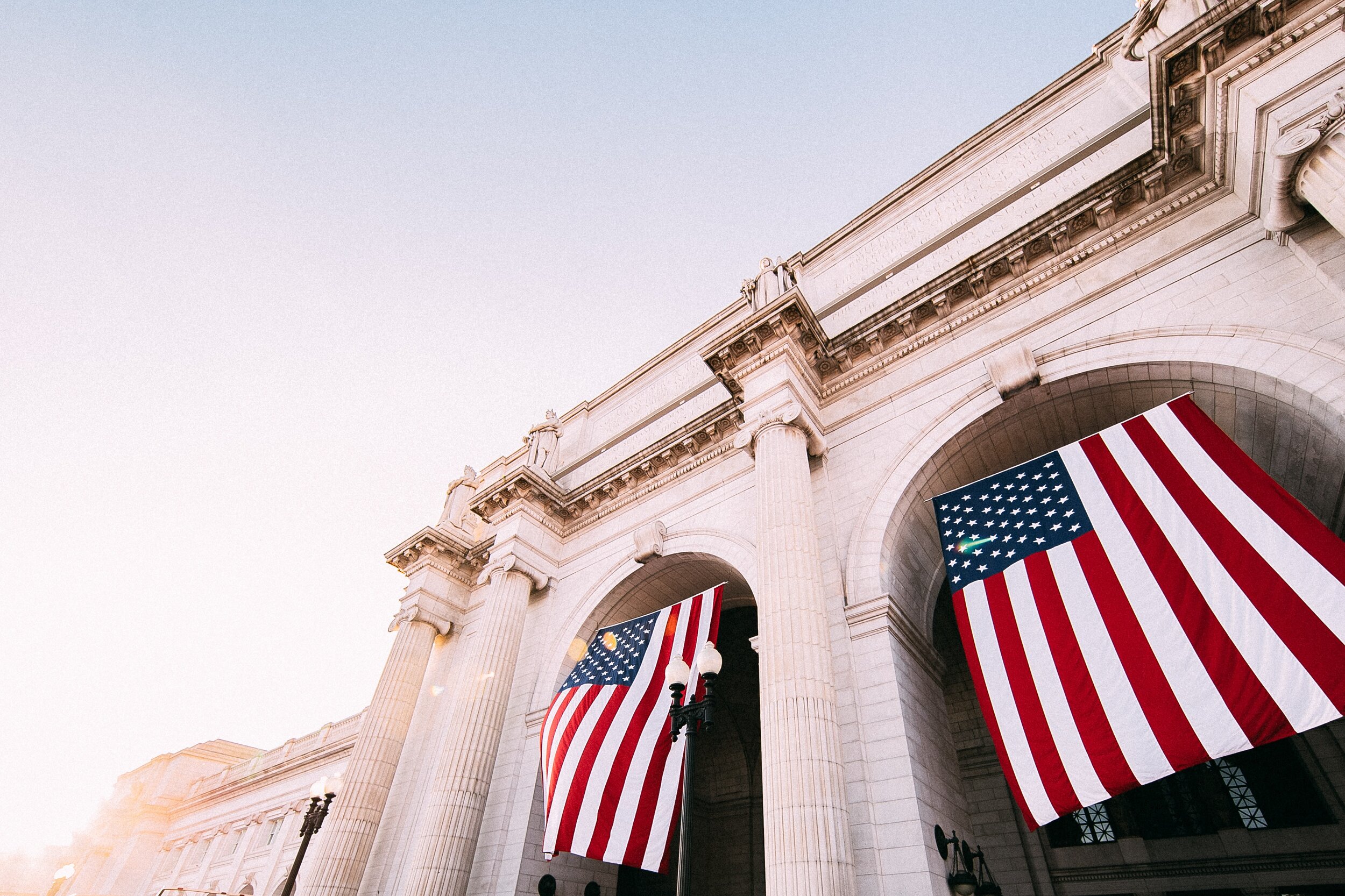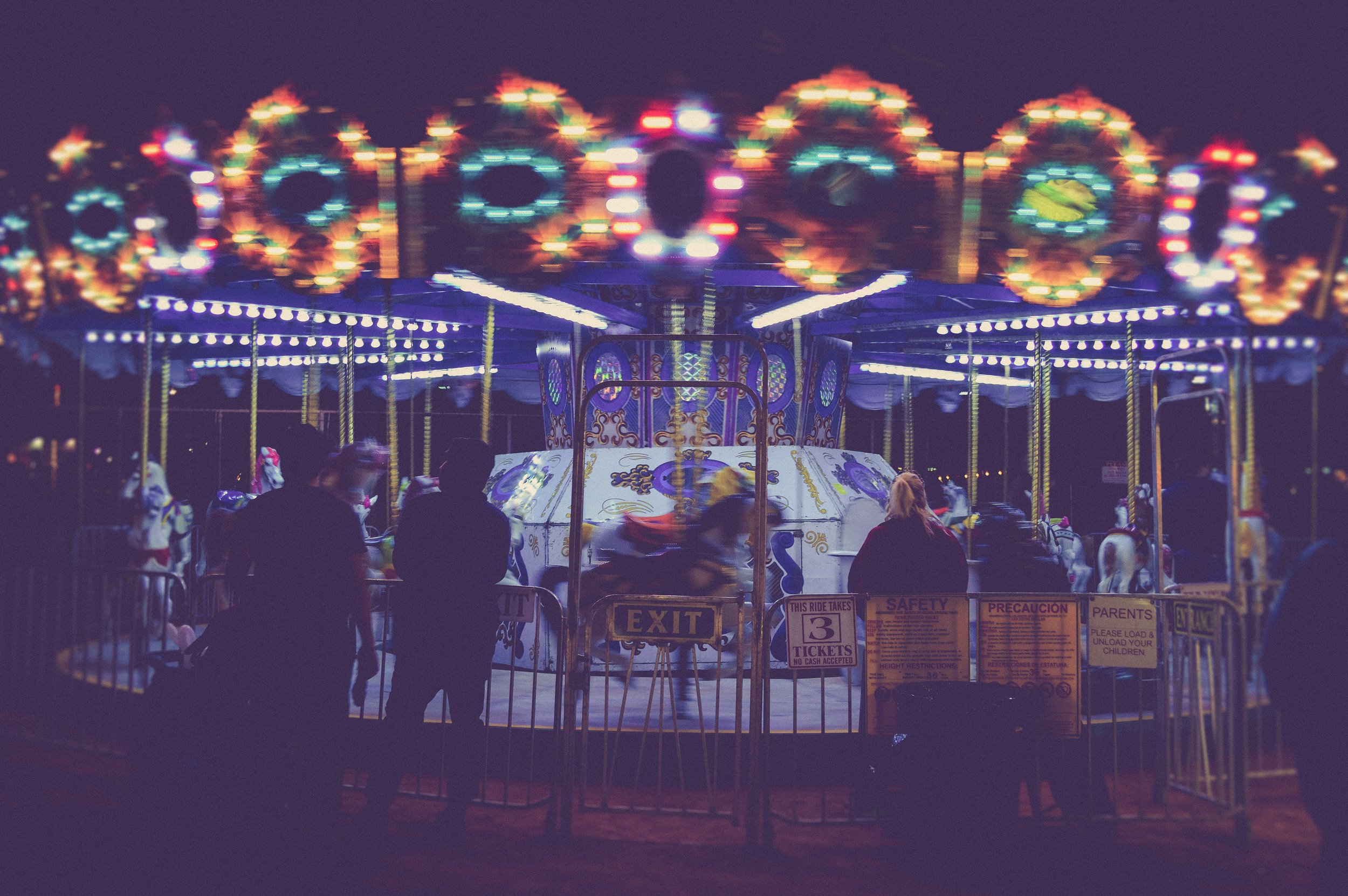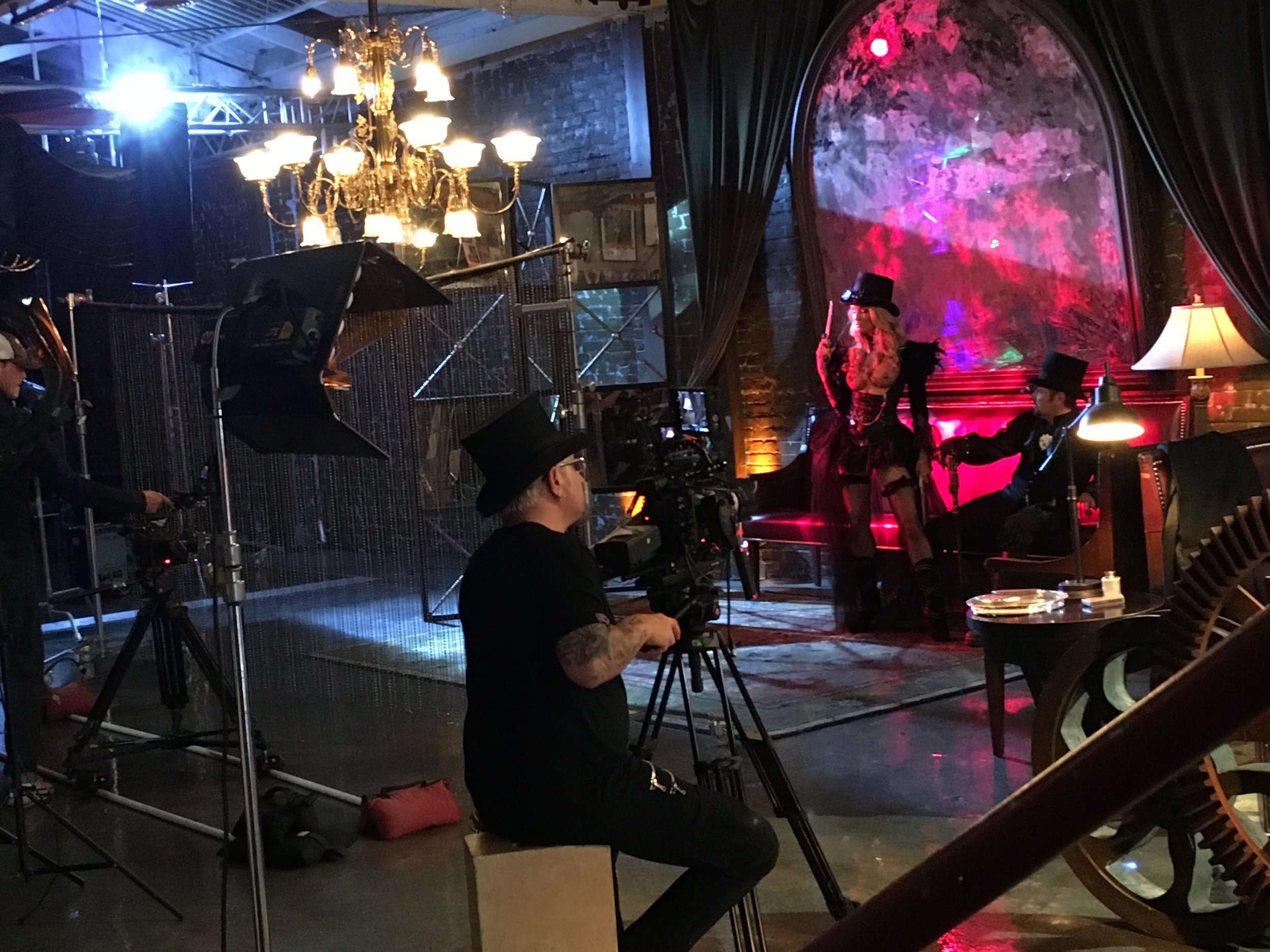About Joy Press's Hollywood

Joy Press's new book, Stealing the Show: How Women are Revolutionizing Television, tells the story of the relatively recent rise of female showrunners in TV and the cultural history that predated their success. Press goes behind the scenes to unspool the uber-masculine narrative of TV's so-called "Golden Age," and the taboos surrounding the discussion of sexual harassment in the TV industry before #MeToo began to change the conversation.
OA sat down with Press—a cultural journalist, a former TV critic for the Village Voice and editor at The Los Angeles Times —to talk about the challenge of writing this book in the post-election moment of Donald Trump and #MeToo, about the stories she left out, and about why TV makes people so mad.
OA: You write in the introduction about the ideas starting to float around in your head in the spring of 2015. What moments or people or shows got you thinking about writing this book ?
JP: I had been writing about TV since about the year 2000. I'm a feminist and I thought a lot about gender and class and race. That was one of the lenses that I looked at TV through. But it wasn't really until… I think it was 2011. There was a moment when it seemed like there was something happening. There were a whole bunch of shows coming at the same time. There was "New Girl," "The Bitch in Apartment 23," "Two Broke Girls," "Suburgatory," some other shows that didn't survive. And I knew that Lena Dunham's "Girls" was coming out and I saw a little bit of it and it was great. I think shortly after that, Mindy Kaling was working on her show. It felt to me that something new was happening at that point.
By 2015, there started to be some articles and books about "The Golden Age of Television." The Golden Age was being defined in terms of male watchers and uber-masculine characters in the "Sopranos" mold. Of course, I loved those shows, "Breaking Bad," and all that, but it seemed to me that the history was skewed. I wanted to look at why women were being left out of the history, and why women had few opportunities on television, both behind the scenes and also as interesting protagonists.
OA: How did you pick the shows that you decided to feature?
JP: It was a really hard process. My original conception of the book was much more of a survey. I wanted to go back to the dawn of TV to "The Goldbergs," created by a woman, Molly Goldberg, that made the transition from radio to television. But at some point, I realized that I wanted to make it stories, a really readable narrative, and that I would have to just choose a handful of women. I decided to focus it more on the modern era. And I tried to choose shows where the creators had different experiences and put it in cultural context.
OA: I was surprised to read a sympathetic portrayal of Lena Dunham.
JP: I'm fascinated by the effect that Lena Dunham has on people. Like Roseanne Barr, some of the same things that make her a singular figure are also the things that create problems. I think that there is a willingness on Lena Dunham's part to make herself absolutely vulnerable that also drives people crazy and made her an easy target from the very beginning. I wrote an early piece on her before "Girls" came out. I just have never had an experience like this, where I had a never-ending stream of people in my office to vent. I actually had a bunch of young women, come in to say, "I love the show so much." And, older women too, but often the older women would be like, "She worries me, it's disturbing. It's amazing but…"
It was almost like a riposte to television history. The whole history of television is executives saying, "No, that female character is too unlikeable, that female character is too obnoxious, that female character, no one's going to relate to that. That female character is not sexy enough, is too chubby, is too…" Here in this one character was the anti-television-heroine. It was like, wait, it worked fine with Tony Soprano as the anti-television-hero. I think it was Lena who said to me, "People get more upset about stuff that this 'Girls' character does than people who murder and kill and cheat and betray on these other shows." People are happier to identify with Walter White than they are with this young woman in Brooklyn who's just repeatedly shooting herself in the foot.
OA: Why do you think people get so mad about television?
“There is a willingness on Lena Dunham’s part to make herself absolutely vulnerable that also drives people crazy — and that made her an easy target from the very beginning.”
JP: They're in our houses. And we're watching them over a long time. It's not a two-hour movie that you go to, and you hear people talk about it for a couple of weeks, and then it disappears. These are TV shows that people are watching over years. There are some people who have probably spent more time hanging out with Lena Dunham than they have hanging out with their friends. Shows on cable are often only ten episodes, but if the show is good, then it's a direct connection. You're really feeling the life of this character.
OA: I loved the "Gilmore Girls" set scene.
JP: When I reached out to Amy Sherman-Palladino, she was like, "I don't know if I have time." In the time between when she agreed to talk to me and when I met her, it turned out this reboot was brewing. She was in a complete panic. Anyway, while we were talking for like two or three hours around the corner from her house, her husband, who does the show with her, was texting her as he was working on the screenplay. It was pure luck that I was able to revisit the show that I thought was history. Never in a million years did I think I would get to watch "Gilmore Girls" shooting.
People were so joyous about it. Some people talked about the original set being a pretty stressful place. They were doing everything on a low budget and Amy Sherman-Palladino had incredibly high standards and was incredibly detail-oriented. The scripts would land at the very last second, and everybody would have to memorize these crazy bouts of dialogue. So this time it was really different. People just seemed to be happy, like at a school reunion that you really want to go to. That reporting was extremely enjoyable to do.
“The whole history of television is executives saying, ‘No, that female character is too un-likeable, that female character is too obnoxious, that female character no one’s going to relate to. That female character is not sexy enough, is too chubby, is too...’”
OA: The political landscape changed from when you started writing the book to when you finished it. How did that change your writing process and the shaping of the narrative; if it did?
JP: Yeah, it's pretty crazy. The book was about two-thirds finished when the election happened. As I was writing the book, I was feeling like we were proceeding in a direction of progress. I thought the book was going to come out under a female president. The story started in the culture wars of the 80s, and here we were in this great golden age of women's creative endeavors. And suddenly, when Trump defeated Clinton it was like somebody dumped a giant jug of ice cold water on my head. I just thought, "Wait. Does this book make any sense? What's happening?" I was like a zombie for a month or so, like a lot of people. I thought, "I don't know how I'm going to write this book." But I had a deadline, so I basically just kept writing.
As I carried on, I realized, "Huh, actually, in some ways we circle back to where I started the book with "Murphy Brown" and "Roseanne." Many of the things that were happening in the news and that the Republicans were announcing they intended to do were exact echoes of things that were happening in the late 80s and early 90s. And yet, there were all these shows, all these different female characters and experiences. It occurred to me that [these women] were what had inspired and revolted Trump voters. They were part of "The problem with America." And they were also potentially part of the resistance, which was something we were all talking about after the election. It gave me a completely new perspective on the importance of what I was writing. I'm certainly not going to inflate the importance of television shows, but these are shows that have the ability to seep into people's imagination and their sense of self.
OA: You also completed the book in advance of the #MeToo movement. Did the topic of sexual harassment come up when you were talking to women, or was it in the backdrop of their experiences?
JP: [When #MeToo happened] the book was completely copy-edited and proofed. I went back literally right before it went to press, and added a little bit throughout, just because it seemed bizarre not to make a reference to it. When you are a journalist, you're used to being able to write about things that happened yesterday, or this morning, and so, when you're writing about something and it's set in stone, and everything is changing at such a quick pace, it feels very strange.
When I talked to women, or not just women, that was the one conversation that no one wanted to have. And I realized afterwards, after all of this came out that in some ways that was the absolute darkest topic within the industry. Women would complain about money, they would complain about being described as difficult, or being called a bitch, or being the only woman in the room. And occasionally, someone would describe an experience in a writer's room that bordered on sexual harassment. But it was more just people being assholes, or people being a little bit sexist, or just being jerks. There were only a few times that anybody mentioned anything that bordered on sexual harassment, and I would ask, and there was always… there was just evasion. I realized afterwards that that was really the one line that you could not cross.
OA: What are some of the differences between being a journalist and writing a book?
JP: You can't approach the book process in the same way because there is a finite end and you have to figure out a way to shape the narrative so that it's satisfying. And as has been proven by, as I said, the fact that the #MeToo revelations happened after I was done with the book: it's frustrating. I would love to go back and interview all these people. But, in the book process, at a certain point you have to commit, and as long as you have a satisfying narrative, it's okay to stop.
OA: What was the thing that you left out of the book that you missed most when it was gone?
JP: Some of the stuff that was most fun that didn't get in the book was the historical research about some of the older showrunners of another era. I ended up squeezing what could have been another book into the introduction. I would have loved to talk to more of those old-school showrunners. Their experience was very different from the women who are just coming up now.
Follow Joy Press on Twitter at @JoyPress
ABOUT THE INTERVIEWER
Sophie Haigney covers metro news for The San Francisco Chronicle. Previously she wrote about arts and culture for The New York Times and The Boston Globe. She also writes book reviews and the very occasional travel piece.
Header Photo: Vital Sinkevich.


